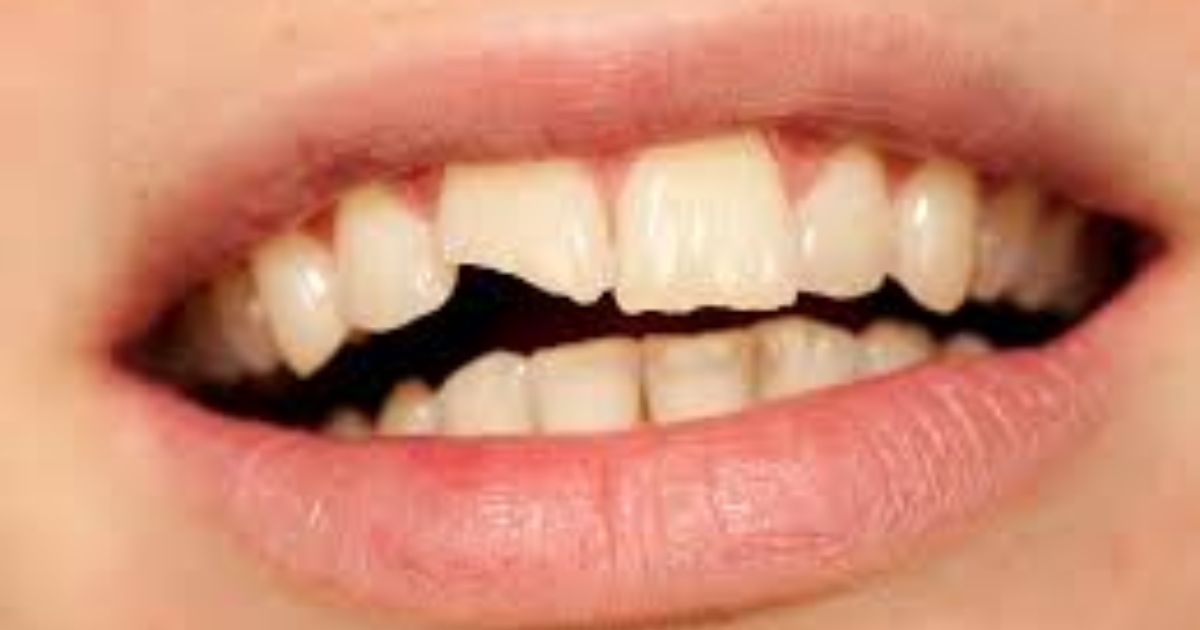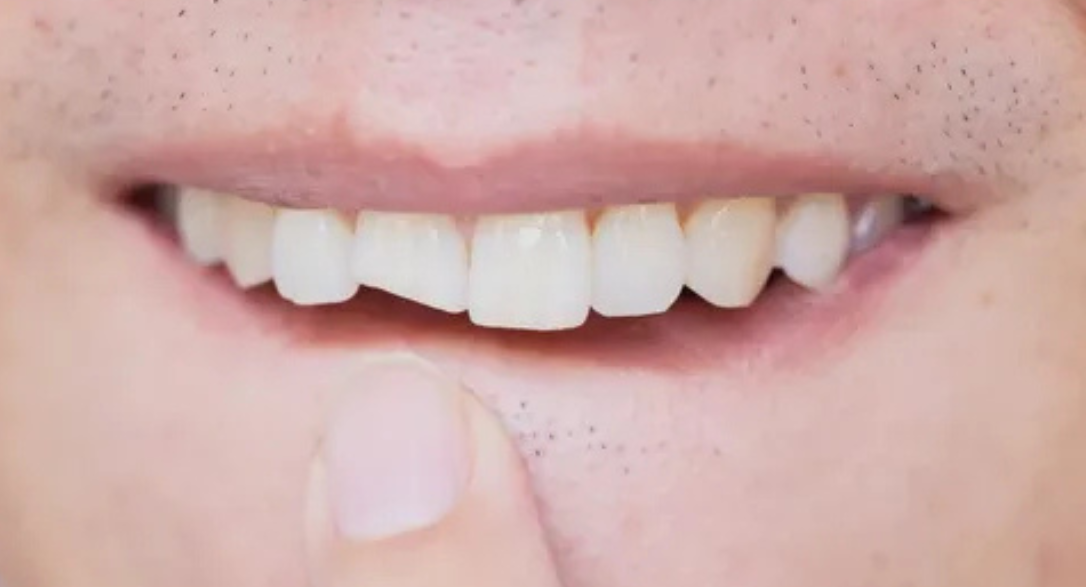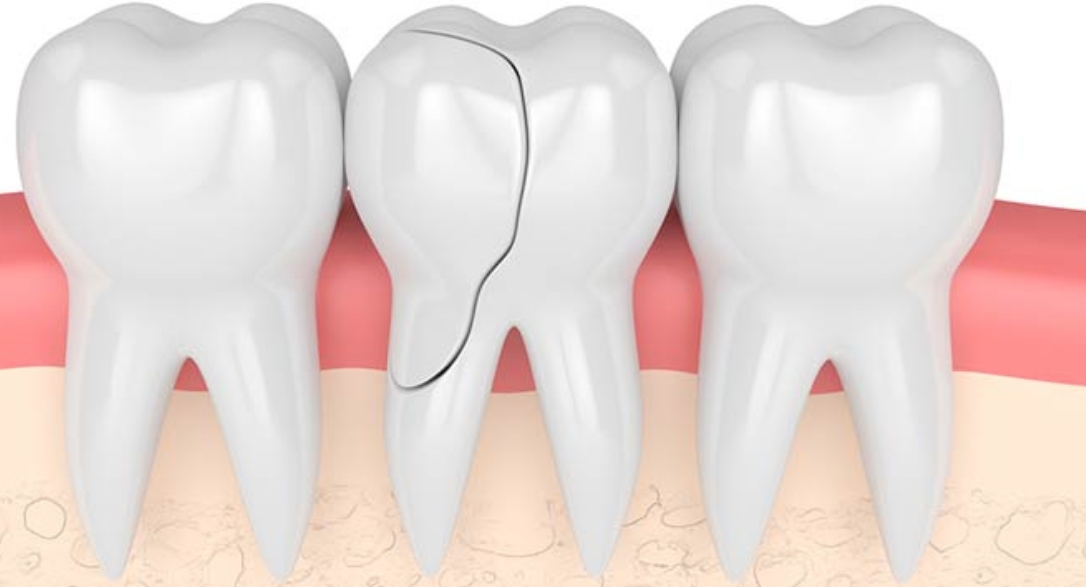Call Us Today 817-737-7668

Cracked teeth can feel like a minor inconvenience, but they’re not something to brush aside. Whether you feel sharp pain when chewing or notice sensitivity to hot or cold foods, these symptoms often signal deeper problems. Left untreated, a small crack can grow, threatening the health of your tooth and even your overall oral wellness. The good news?
Specialized care from an endodontist can fix cracked teeth and protect your smile.
Understanding your options is the first step toward effective treatment. Endodontists bring advanced expertise and cutting-edge techniques to repair cracked teeth and prevent complications.
In this blog, we’ll explore why teeth crack, how to recognize warning signs, and what you can expect from treatment. We’ll also share prevention tips to help you avoid future problems. If you’re searching for solutions, this guide will help you navigate your path to a healthier, pain-free smile.
Ready to learn more? Let’s dive in!
Cracked Teeth: Types and Causes
Cracked teeth are more common than many people think, and they can happen for a variety of reasons. The crack itself can range from a minor surface fracture to a deep break that affects the tooth’s structure. Identifying the cause and type of crack quickly is crucial to prevent further damage.
Common causes of cracked teeth:
- Injury or Trauma: Accidents such as falls, sports injuries, or biting down on something hard can crack teeth.
- Teeth Grinding (Bruxism): Regular grinding or clenching can weaken teeth, leading to cracks over time.
- Chewing Hard Foods: Biting down on ice, nuts, or other tough foods can cause sudden cracks.
- Age: As you age, the enamel on your teeth wears down, making them more susceptible to cracks.
Types of cracks:
- Craze lines: Fine surface cracks that don’t usually cause pain or require treatment.
- Fractures: Larger cracks that can cause discomfort and need attention to prevent infection.
- Split teeth: A severe crack that extends into the root, often requiring more intensive treatment like a root canal or extraction.
Cracked teeth require immediate attention because they can worsen quickly and lead to complications like infections or abscesses. Early detection is key to preserving your tooth and avoiding more complex treatments.
Why Choose an Endodontist for Cracked Tooth Treatment?
When a tooth cracks, it’s not just about fixing the crack. It’s about saving the tooth and restoring its function. Endodontists specialize in this precise area of care, with advanced techniques to fix cracked teeth that go beyond standard treatment methods.
Why choose an endodontist?
- Specialized Expertise: Endodontists focus on diagnosing and treating complex tooth issues, including cracks, deep fractures, and infections. Their training is specifically geared toward saving natural teeth.
- Advanced Equipment and Techniques: Endodontists use cutting-edge technology, such as digital imaging and specialized tools, to assess and repair cracks in a way that reduces discomfort and maximizes effectiveness.
- Root Canal Expertise: If a crack extends to the tooth’s pulp, endodontists perform root canals to save the tooth. Their skill in this procedure ensures minimal pain and optimal outcomes.
- More Precise Care: Endodontists have a deep understanding of how cracks affect the entire tooth structure, allowing for a more tailored treatment plan that general dental care providers might not offer.
If you’re experiencing a cracked tooth, visiting the Aledo Endodontics office ensures you get the best care possible to preserve your smile.
Signs You Might Have a Cracked Tooth
Cracked teeth are often tricky to diagnose because the symptoms can range from mild to severe. Knowing what signs to look for can help you catch the problem early and fix cracked teeth as soon as possible.
Common symptoms to watch out for:
- Pain when chewing or biting: A sudden sharp pain when you bite down could be a sign of a crack.
- Sensitivity to hot or cold: A cracked tooth can expose the inner layers, making it sensitive to temperature changes.
- Swelling around the gum line: This might indicate an infection or abscess that developed due to the crack.
- Pain that comes and goes: The pain from a cracked tooth may not always be constant but may flare up intermittently.
Treatment Options for Cracked Teeth
When it comes to cracked teeth, the type and severity of the crack dictate the treatment options. Fortunately, modern endodontic procedures can repair most cracked teeth and restore their function.
Popular treatment options:
- Bonding: For minor cracks or surface fractures, a bonding material can seal the crack and restore tooth function.
- Crowns: A crown is often used to cover larger cracks that weaken the tooth. It provides protection and strengthens the tooth.
- Root Canals: If the crack extends to the pulp, an endodontist will perform a root canal to remove the infected tissue and save the tooth.
- Extraction: In extreme cases where the tooth is too damaged to save, extraction may be necessary. An implant or bridge can replace the tooth.
How treatment depends on the severity:
- Minor cracks may only need bonding or crowns to restore the tooth.
- Severe cracks that reach the pulp will require root canal therapy to prevent infection.
- Cracks that cause significant structural damage may lead to extraction if other options are not viable.
Advancements in endodontic care make these treatments effective and minimally invasive. An experienced endodontist will carefully assess your crack to recommend the best solution.
What Happens If You Ignore a Cracked Tooth?
Ignoring a cracked tooth can lead to serious complications. What seems like a minor crack can quickly turn into a major issue if left untreated.
Risks of ignoring a cracked tooth:
- Infection: A crack can expose the pulp, leading to bacterial infection and an abscess.
- Tooth loss: Without timely treatment, the crack can spread, making the tooth unstable and more likely to fracture completely.
- Damage to neighboring teeth: If the crack worsens, it can affect adjacent teeth, leading to additional damage or decay.
- Systemic issues: In rare cases, untreated infections can spread, causing more severe health problems like sepsis.
Ignoring a cracked tooth won’t make it go away. The crack will likely worsen over time, leading to pain and more complex treatment. Seeking immediate care from an endodontist near you is essential to prevent long-term consequences.
Post-Treatment Care: Ensuring Long-Term Success
After your cracked tooth has been treated, it’s important to follow post-treatment care instructions to ensure long-term success. Taking care of your restored tooth helps prevent future cracks and maintains oral health.
Tips for maintaining treated teeth:
- Maintain good oral hygiene: Brush and floss daily to prevent infection and decay around the treated area.
- Avoid hard foods: Steer clear of ice, nuts, and other hard foods that can stress or damage your restored tooth.
- Wear a mouthguard: If you grind your teeth, use a mouthguard to protect your teeth during sleep.
- Regular check-ups: Visit your endodontist regularly for check-ups to ensure your treatment is holding up well.
Cracked teeth are more than just a cosmetic issue—they can lead to pain, infection, and even tooth loss if left untreated. The good news is that with the right care from an experienced endodontist can fix cracked teeth. Don’t wait until the problem worsens. If you’re experiencing any signs of a cracked tooth, schedule an appointment today and ensure your smile stays strong and healthy for years to come!





